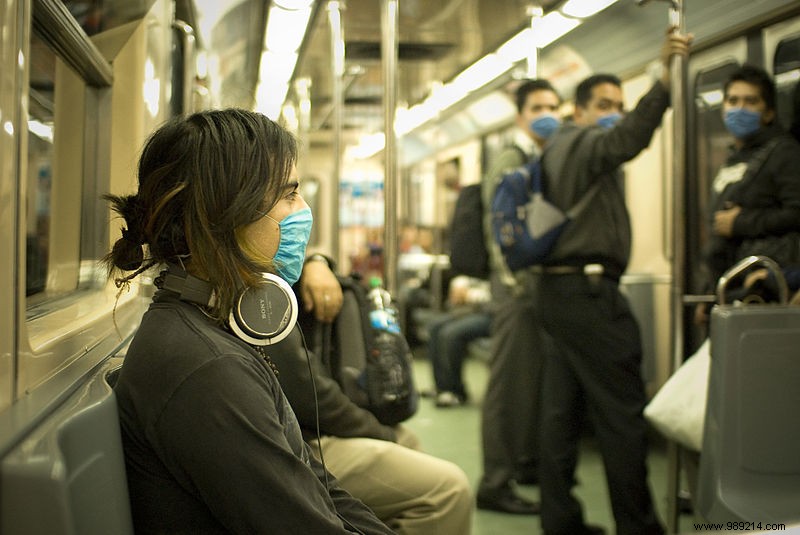In France, the second wave of the epidemic is reaching its peak. The reproduction rate of the virus is falling, so people are hoping for an easing of restrictions. However, a WHO official recently estimated that if the mistakes of the post-first wave are repeated, there could be a third wave in early 2021.
For about a week, the circulation of the virus in France has been slower. However, it is still far too early to claim victory and no one should relax their efforts. As Le Monde indicated on November 19, 2020, there were 32,345 hospitalized Covid-19 patients , with in particular 2,200 new admissions, including 311 in intensive care. As the first signs of a decline are showing, getting out of heavy traffic restrictions could be possible at the end of December. Indeed, the milestone of 5,000 new cases per day for better control of the situation could be achieved at this time.
On November 22, 2020, Radio Télévision Suisse (RTS) interviewed David Nabarro, special envoy of the World Health Organization (WHO). The person concerned indicated that European governments failed to develop the necessary infrastructure during the summer months, after having mastered the first wave. While we are in the second wave, this infrastructure should be put in place according to the expert under penalty of see a third wave coming .

By “necessary infrastructure” , David Nabarro thinks of the implementation at the local level of systems for tracing confirmed cases . The objective would be to break the chains of contamination very quickly. Close surveillance should also be instituted to identify infected persons and verify isolation.
David Nabarro recalled that Asian countries did not relax the pressure prematurely. The interested party notably made a comparison between Switzerland authorizing the practice of skiing without a mask on the ski lifts and countries such as South Korea, where decisions and behaviors are in phase with the fight against the coronavirus. Overall, David Nabarro thinks Europe's reaction has been incomplete.
“People are fully engaged, they are adopting behaviors that hinder the virus. They keep their distance, wear masks, isolate themselves when sick, wash their hands and surfaces. They protect the most vulnerable groups “, said the WHO representative when speaking of Asian countries.